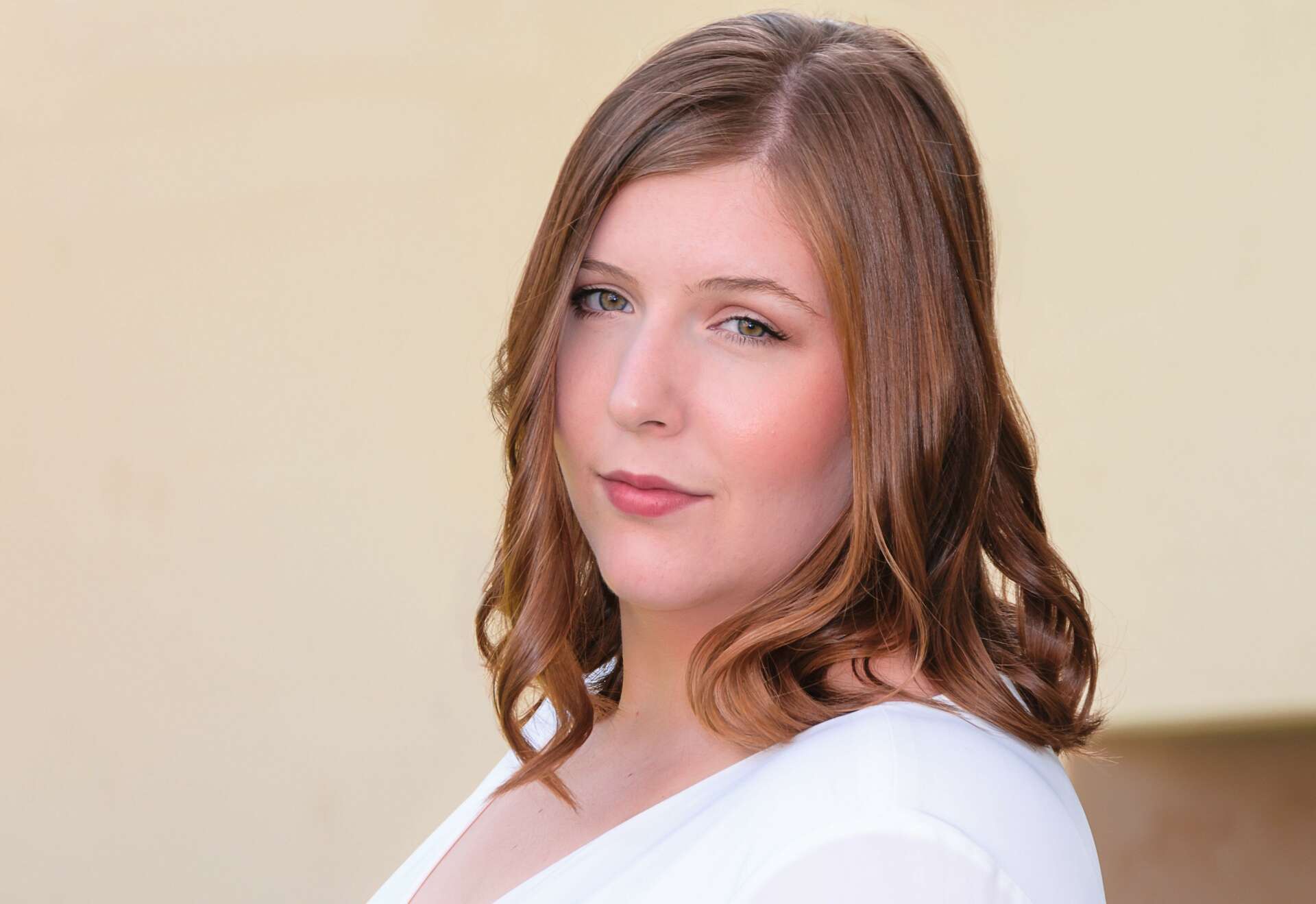We caught up with the brilliant and insightful Mary Kray a few weeks ago and have shared our conversation below.
Alright, Mary thanks for taking the time to share your stories and insights with us today. How did you learn to do what you do? Knowing what you know now, what could you have done to speed up your learning process? What skills do you think were most essential? What obstacles stood in the way of learning more?
Becoming a classical musician of any kind requires hard work, discipline, and financial investment. I have invested a lot in my training over the last 7 years to build up my voice to the caliber required to sing professionally. I received my undergraduate degree in vocal performance from Northern Arizona University in 2020, and my Master of Music degree in Opera Performance from Boston Conservatory at Berklee in 2023. During my time in music school, I studied theory, music history, languages and so much more on top of performing in operas and ensembles as well as coaching with my voice teachers. I’d be lying if I said it was easy, but it was all worth it.
Knowing what I know now, one thing I could have done to speed up the learning process is ditch the idea of achieving vocal perfection. Perfectionism hinders artists in so many ways. Showing yourself kindness, grace, and empathy throughout the learning process will get you to your goal the quickest. Music isn’t meant to be perfect, it’s meant to be human. The number one most essential skill for this line of work is having a sustainable healthy vocal technique. Second to that is discipline and consistency.
In my time going through music school, I unfortunately encountered a lot of fatphobia. It made me think I couldn’t be a successful singer if I didn’t fit the beauty standard our day, and it turned into a mental block for me. It took me a while to unlearn that internalized fatphobia and I’m so glad I did. I now give myself permission to take up space on stage, and I continue to get consistent work in opera at the local level. Another obstacle I encountered in my journey was not listening to my gut. I fell into the trap a lot of classical singers get into, which is following the advice of your mentors rather than going with what your heart truly wants. This is dangerous, and can lead to falling into a career that you’re not truly passionate about. It took me YEARS to finally follow my gut. I ditched the young artist opera pipeline for a more sustainable career of teaching voice and singing professionally at the local level.
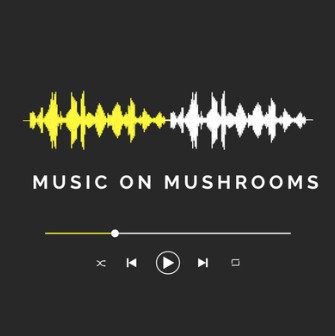
Mary, before we move on to more of these sorts of questions, can you take some time to bring our readers up to speed on you and what you do?
I’ve been singing since I was a baby (at least that’s what my mom tells me). Going into singing professionally always felt right until I completely burned out in music school. Music has always been a safe haven for me until my perfectionism was too heavy to bare. In 2020, I had music opportunities stripped away from me at a moments notice, and I was forced to take a step back and acknowledge how I had taken these musical experiences for granted. This changed my whole perspective and how I show up as a musician and teacher. Music-making is a gift, a miracle even! This is when I started my private teaching studio, Mary Kray Studios, in 2020. As an educator, my goal is to provide a safe an encouraging environment for singers to play and make mistakes all while developing a healthy vocal technique. I meet my students where they are at with empathy and kindness because I understand first hand the stresses that come along with singing. I offer voice lessons one-on-one in an online setting, so my students can work from the comfort of their own home.
In addition to private voice teaching, I also sing professionally and recreationally. I sing for Church on the Hill in their Choir of the New Jerusalem. I’ve sung in the chorus at Boston Lyric Opera, and smaller opera companies around the Boston area. Outside classical realms, I am a singer-songwriter for Trust in the Sun, a neo-soul band in Las Vegas. I have been writing for Trust in the Sun since 2020, and in that time I have learned so much about music production and collaboration. I also write and produce experimental vocal music as a solo artist, SomethinSweet. My style is experimental minimalism, and this is where I give myself permission to break the mold of what music “should” sound like. I create works that come straight from the soul. Music-making is boundless.
In addition to my musical pursuits, I also run my own podcast, Music on Mushrooms. Music on Mushrooms is a safe space for creatives to explore the endless possibilities of authentic artistic expression. You can tune in for candid conversations about various topics through an inclusive, progressive, and spiritual lens with the intention of lifting creatives up and inspiring them to take action in their unique journeys. I am dedicated to dismantling all the snobbery by creating conversations about underdiscussed themes that pervade music/artistic spaces and classrooms. The goal I have with all my work is to make creative spaces more safe and inclusive for EVERYONE, not just the elites.
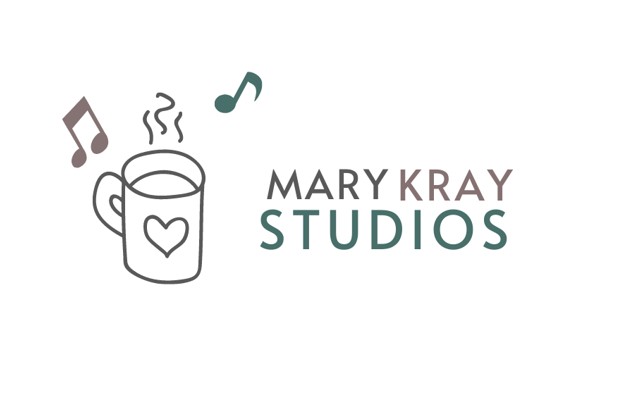
How about pivoting – can you share the story of a time you’ve had to pivot?
I thought I wanted to be a professional opera singer for the longest time. My identity was so tied to this goal that I became blind to other possibilities, but it was making me miserable. I was introduced to the concept of the “young artist opera pipeline” in my graduate studies. Opera companies depend on the cheap labor of young artists to save money. Opera companies like this create young artist programs (YAPs) where there are poor (and often abusive) working conditions with little to no pay all under the guise of providing training for young artists. These companies depend on music conservatories to condition young singers to think that YAPs are the only way to success in the opera field. This is detrimental and simply not true. I was caught in this trap. I was pressured to apply to many of these YAPs, and travel to audition for these companies. Eventually I could no longer ignore what my body was telling me. I was experiencing extreme panic attacks before traveling to each audition. So I quit. It was one of the hardest things I ever had to do. I spent thousands of dollars and years of training to become an opera singer, but I could no longer ignore my intuition.
I knew I needed a career that fit my ideal lifestyle. I wanted a career that doesn’t involve a lot of travel and constant rejection and criticism. Quitting was the best decision I made for myself. I continue to sing at the professional level at local gigs, and I make way more money now than I would have at any young artist program. I am very fulfilled in my teaching practice. Spreading the joy of singing to my fellow artists is gratifying and I’m so grateful to wake up everyday work for myself as a freelance musician and teacher.
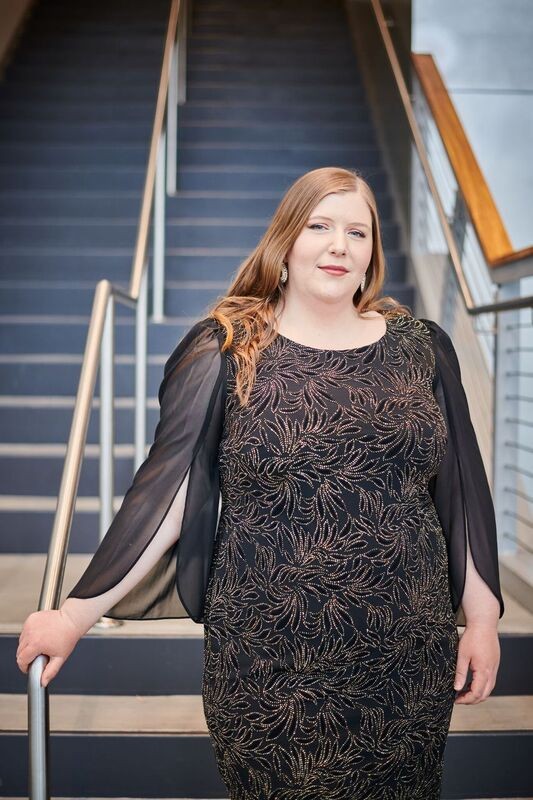
What do you find most rewarding about being a creative?
As a voice teacher, it is incredibly rewarding hearing my students improve vocally. Whenever one of my students shares a milestone with me, or I notice consistent changes in our lessons together it makes my heart so happy! It confirms to me that the work I am doing is valuable. Being in service in this sort of way is one of the best things I’ve done for myself as a creative.
As a singer-songwriter, the most rewarding aspect is creation itself. Making music out of thin air is magic!
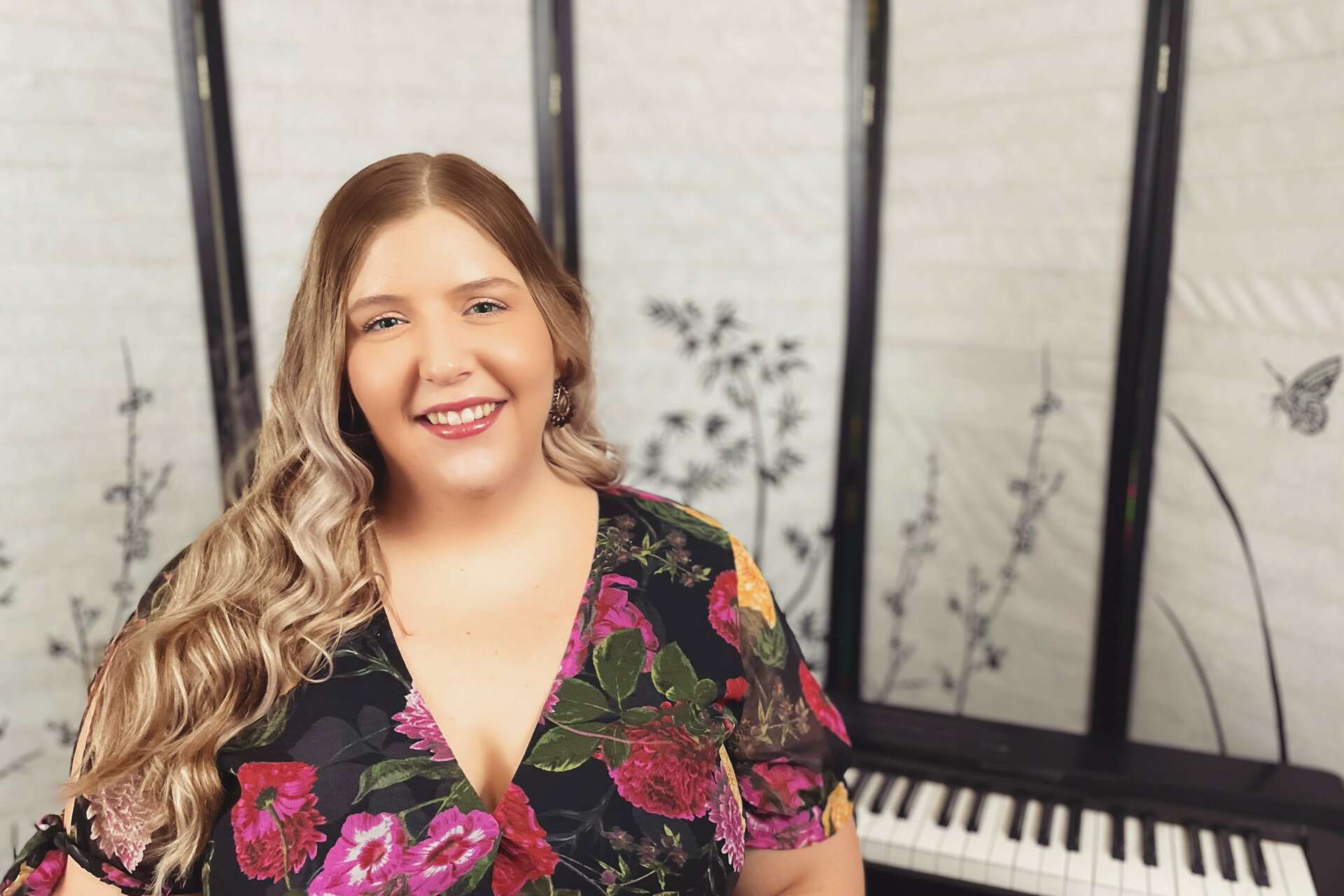
Contact Info:
- Instagram: https://instagram.com/musiconmushrooms
- Facebook: https://www.facebook.com/MaryKrayMezzo/
- Other: instagram.com/marykraymezzo


